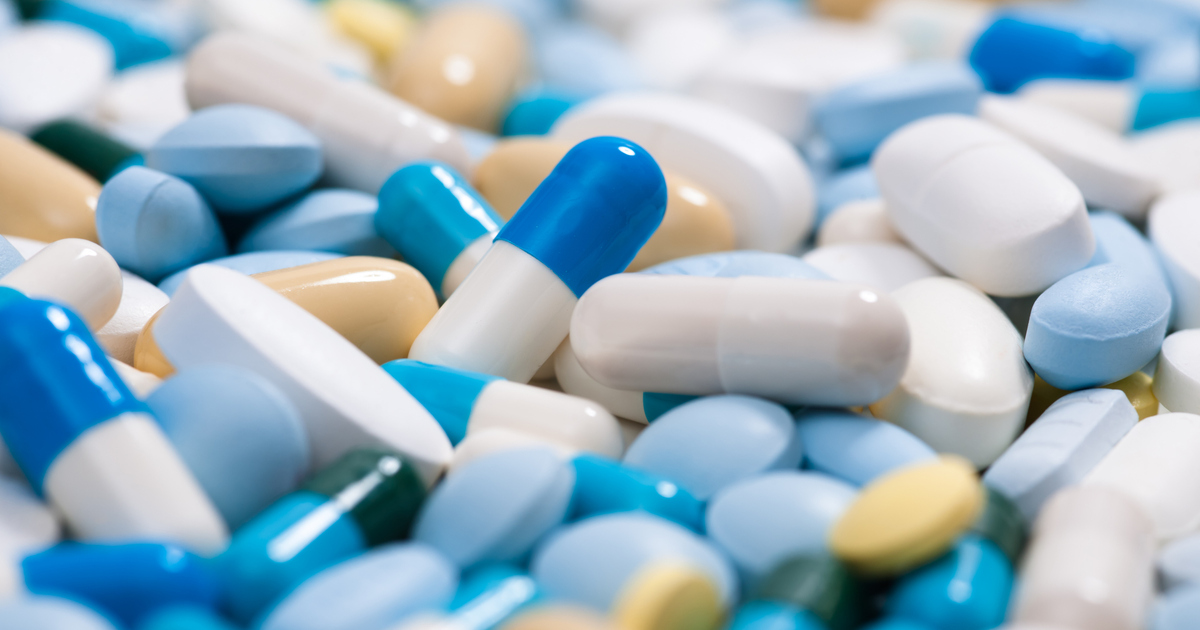News
Australian Government says speeding up approvals process is on the agenda as US tariff threats and manufacturing concerns reach new heights.

Australia exported more than $2 billion worth of local medicines to the US in 2024.
United States President Donald Trump has been threatening to impose tariffs on imports since his election campaign, including on Australian-produced pharmaceuticals. But the threat this week reached new heights, with the leader saying imposed tariffs could be up to 250%.
The prospect has raised alarm bells for Australian pharmaceutical companies, given more than $2 billion worth of local medicines were exported to the US last year alone.
It has led to the Federal Government speaking out on the potential of speeding up the medicine approvals process, with US manufacturers taking aim at the length of time Australia currently takes to do so.
Federal Minister for Health and Ageing Mark Butler admitted the proposed tariffs are a ‘very big threat’ to Australia.
‘It’s one we’re working very hard to engage with the Americans on,’ he said on Thursday.
‘The numbers are jumping around … They were 200% a couple of weeks ago and now they’re 250% potentially. They are very, very big tariffs.
‘We are making the case very strongly, but I’m not going to pretend that the US Administration doesn’t appear to be pretty serious about this.’
If the tariffs come into play, they are expected to have the biggest impact on Melbourne-based CSL, which produces the majority of Australia’s medical products that are exported to the US.
The prospect of the tariffs has also raised further concerns about the future of the Pharmaceutical Benefits Scheme (PBS) and whether it could result in an increase in prices Australians pay for medicines listed under the scheme.
With approximately 67% of Australians relying on the PBS, Professor Mark Morgan, Chair of the RACGP Expert Committee – Quality Care, said it is important Australia doesn’t go the way of the US.
‘In the US, patients end up paying significantly more for medicines – which is a tax on being unwell,’ he told newsGP.
‘People have to make difficult choices about which medicines they can afford to buy.
‘Nobody wants to see Australian patients needing to take out mortgages to pay for essential medicines. Nobody wants to see Australians making difficult decisions between food and medicines.’
However, Prime Minister Anthony Albanese has reassured Australians that the PBS, in its current form, is here to stay.
‘We support the PBS. It is part of who we are as Australia,’ he said on Thursday.
‘We’re a sovereign nation; it’s something that has produced massive benefits for Australia.’
Minister Butler shared the sentiment, saying the PBS is ‘simply not up for negotiation’.
‘America exports more pharmaceuticals to Australia than we do to them. They do it on a tariff-free basis,’ he said.
‘That served both of our countries very well, and we’ll continue to argue the case for a continuation of free trade in pharmaceuticals.’
However, drug prices are not the only concern expressed by US manufacturers, who have also taken issue with the amount of time it takes for the PBS’s medicines approval process.
Medicines Australia shares the concern. It claims once a medicine is approved by the Therapeutic Goods Administration (TGA) it can take up to 22 months to be listed on the PBS – compared to three months in other countries.
In 2022, Minister Butler commissioned a review into the matter, which saw 50 recommendations handed down last year.
The Minister said speeding up the approvals process is on the agenda, and that he is expecting an interim report in the coming days on how the review’s recommendations can be implemented in a ‘sensible, sequenced way’.
‘I’m very much on the page of getting medicines more quickly into … our PBS system,’ Minister Butler told the ABC on Thursday.
‘I know this is a real priority, obviously for the industry, but perhaps more importantly for patient groups.
‘We’re living through this turbocharged period of discovery that’s bringing more and more new medicines. So, making sure we can assess them and approve them very quickly … is something I’ve said is a real priority for us this term.’
It has been suggested that the move could help improve Australia’s position with the US Government.
However, Professor Morgan fears the pressure being exerted by President Trump and US pharmaceutical companies is being fuelled by the desire to have imported medicines on shelves faster by bypassing the rigorous safety protocols Australia has in place.
‘Australia could shorten this time frame to give earlier access to new medicines for Australian patients if the TGA and PBAC processes happened in parallel and if additional PBAC bodies were set up. Then both patients and pharmaceutical companies would be better off without any drop in standards,’ he said.
‘[But] it is important for Australia to remain independent making these decisions, even if US pharmaceutical giants would rather we allowed all their products to be sold to Australian patients.’
But with the dual challenges of US disinvestment in research and the destruction of trading relationships Professor Morgan has greater concerns about the long-term value proposition of research and development of pharmaceuticals.
‘The rate of advancement of medical science may take a downturn,’ he said.
‘We might need to explore funding research and development of low-volume, high-impact pharmaceuticals instead of relying on profit form international sales to recoup the cost.
‘This is particularly the case for medicines that will be used in small amounts.’
With growing media coverage over the prospect of these tariffs being imposed, however, patients who heavily rely on the PBS may become increasingly concerned about the possible impact on access. Professor Morgan said GPs are in a position to reassure patients.
‘The Australian Government has publicly said that PBS is not open to negotiation,’ he said.
‘We can be reassuring to our patients that medicine availability will not grind to a halt or become more expensive.’
Log in below to join the conversation.
newsGP weekly poll
Do you think the onus of assessing elderly patients’ fitness to drive should rest on GPs?
